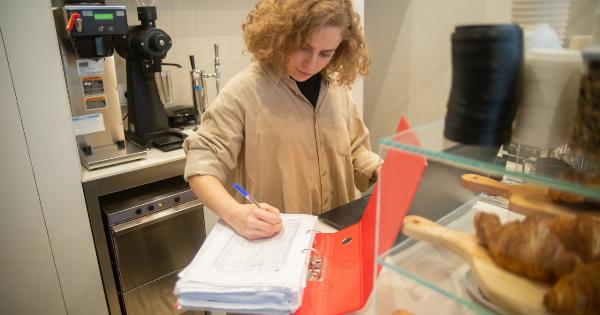Food is one of the primary necessities of life, and it is essential to have control over the food we consume. However, with the rise of industrialization, we have lost control over our food.
We don’t know what goes into our food, and most of the food produced is unhealthy, leading to an increase in diseases and health problems. Thankfully, researchers have discovered a method to regain control over our food.
The Current State of Food
The food industry has become more industrialized and efficient, which has led to the production of more food at lower costs. This has given us access to a wide variety of foods throughout the year and made it possible to feed billions of people.
However, this has come at a cost. The industrialization of food has made it difficult to regulate the industry, leading to unmonitored growth and the use of harmful chemicals.
The Impact of Unhealthy Food
Unhealthy food is the primary cause of many health problems such as obesity, diabetes, and heart diseases. Overconsumption of unhealthy and junk food can lead to serious health risks that are often irreversible.
Unhealthy food is also often cheaper and more accessible than healthy options, leading to a vicious cycle of unhealthy eating habits.
The Need for Change
It is clear that we need to change our approach to food. We need to focus on producing healthy and sustainable food and reduce the reliance on industrialized production.
The change must happen at all levels, from the farmers to the consumers, to create a sustainable and healthy food system.
Regaining Control Over Food
Researchers have discovered a method to regain control over food that involves creating a sustainable food production system. This system is based on three primary principles:.
1. Regenerative Agriculture
Regenerative agriculture focuses on soil health and the environment in which crops are grown. This method involves developing a sustainable growing system that does not rely on chemicals or genetically modified organisms.
This creates healthier food that is better for the environment. This system also helps to protect soil health, which is essential for the sustainability of agriculture.
2. Local Food Production
The local food production system is based on producing food locally, reducing transportation costs, and creating a healthier food system.
By producing food locally, we reduce the reliance on industrialized food production, which often involves the use of harmful chemicals and practices. This system also reduces the carbon footprint, making it better for the environment.
3. Education and Awareness
Education and awareness are essential in creating a sustainable and healthy food system. Consumers need to know the effects of unhealthy food and how to make healthier choices.
Farmers need to be aware of the impact of their actions on soil health and the environment. By educating and creating awareness, we can create a sustainable and healthier food system.
The Benefits of Regaining Control Over Food
Regaining control over food has many benefits. We can create a healthier and more sustainable food system that benefits farmers, consumers, and the environment.
This system reduces the risk of health problems associated with unhealthy food and creates a more equitable food system accessible to all.
Conclusion
Regaining control over food is essential to create a healthy and sustainable food system. The three primary principles of regenerative agriculture, local food production, and education and awareness can help us achieve this goal.
By creating a sustainable and healthy food system, we can ensure a healthier future for generations to come.































